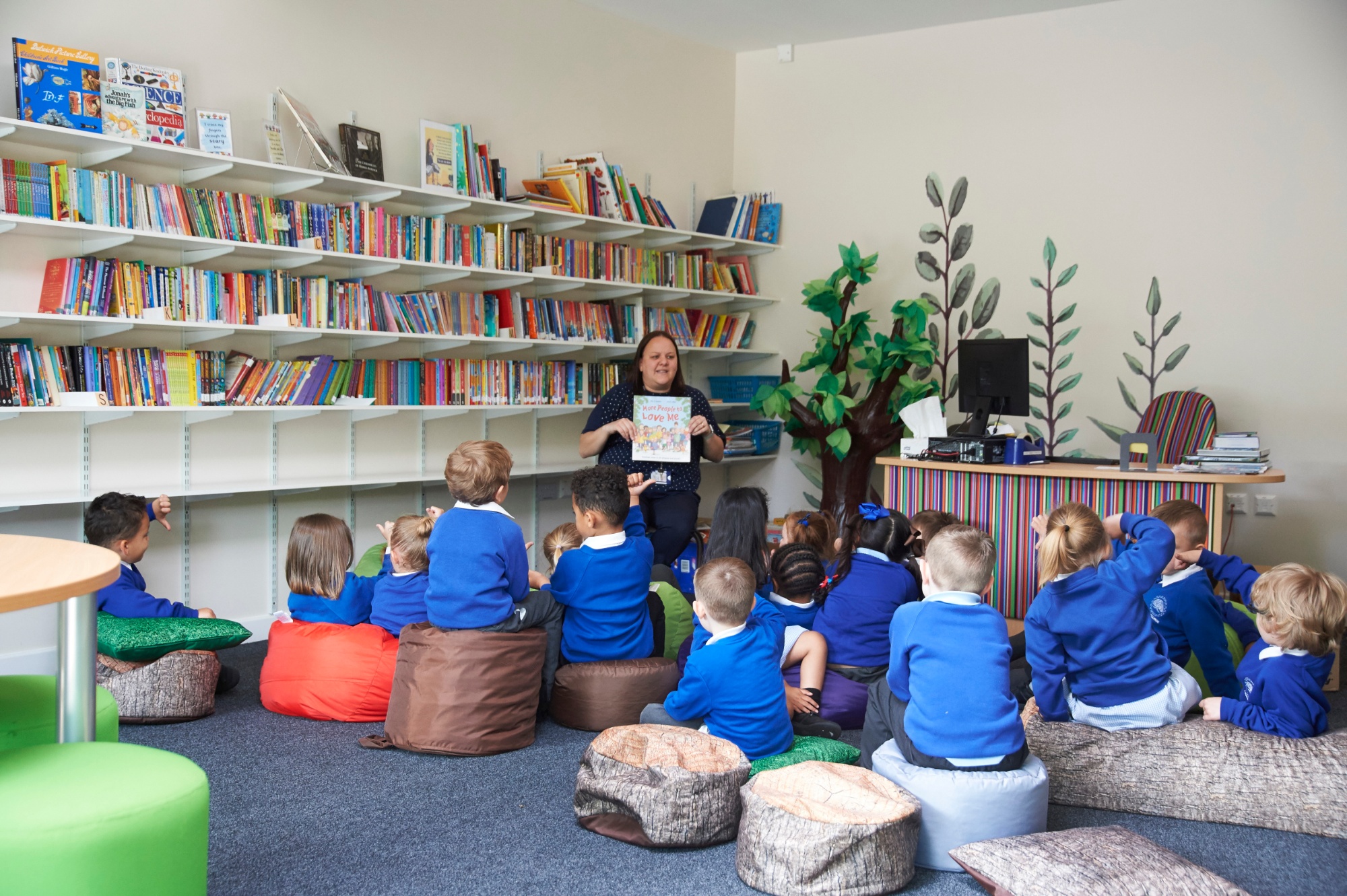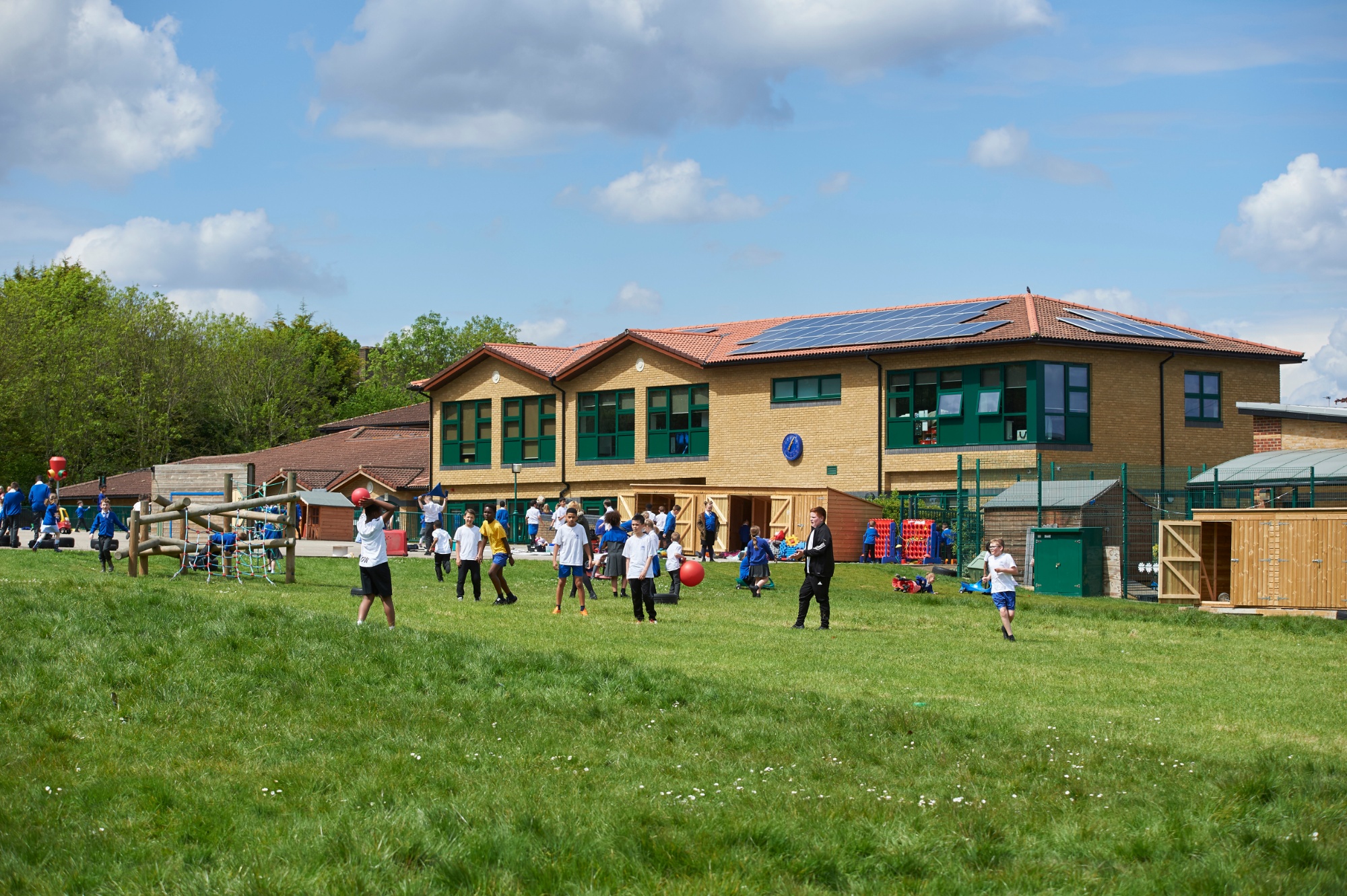English
At Elmstead Wood Primary, we are committed to providing an exciting, engaging and progressive English curriculum for our children. We want our children to become enthusiastic, engaged readers and writers who develop a life-long love of books and a passion for writing.
Speaking and listening skills are built into all aspects of the English curriculum, with the aim being that every child is able to communicate their thoughts, ideas and opinions clearly and succinctly, as well as listening to and reflecting on the ideas of others.
At Elmstead Wood Primary School, we are passionate about reading, and we are keen to develop all children into successful and confident readers. We understand the importance of the early stages of reading and how fluency, vocabulary acquisition, comprehension and a love of reading are intertwined to create successful readers.
The books selected for English lessons and whole class reading are carefully chosen to provide children with exposure to a wide range of children’s literature and authors. Our aim is that through the careful selection of texts (fiction, non-fiction, plays and poems) we develop enthusiastic and lifelong readers. We also ensure that the texts selected offer a selection of diverse and inclusive settings, characters and themes. We regularly link our texts to the rest of our curriculum, allowing children to make important links and connections within their learning.




